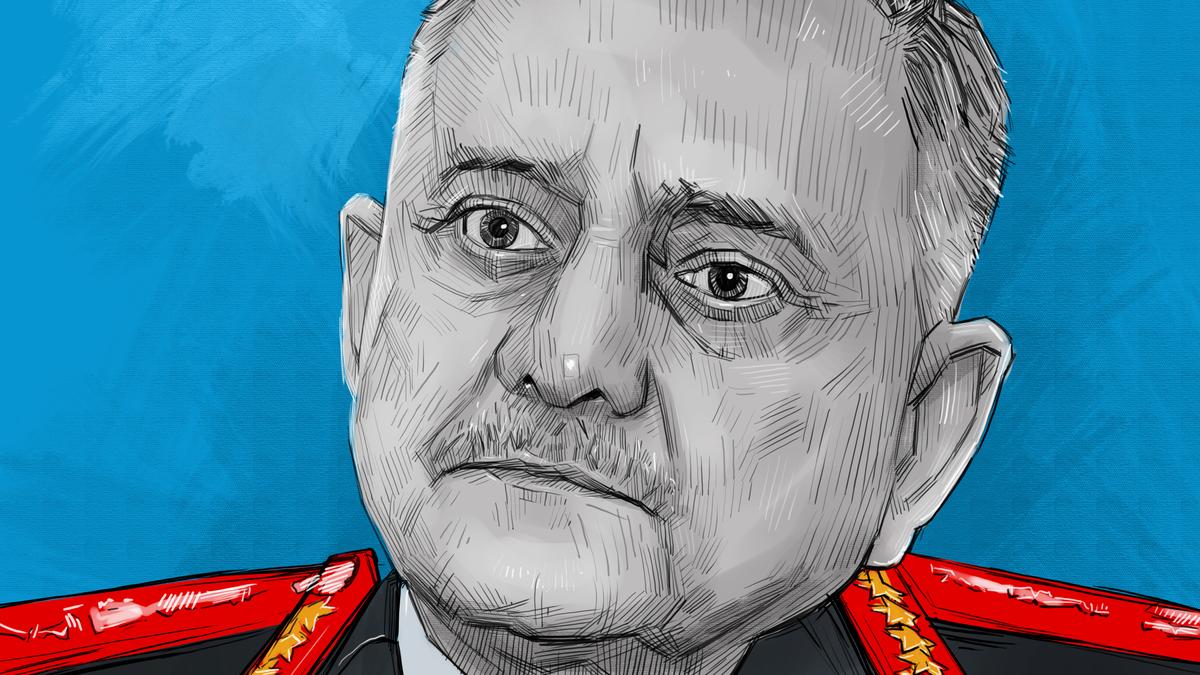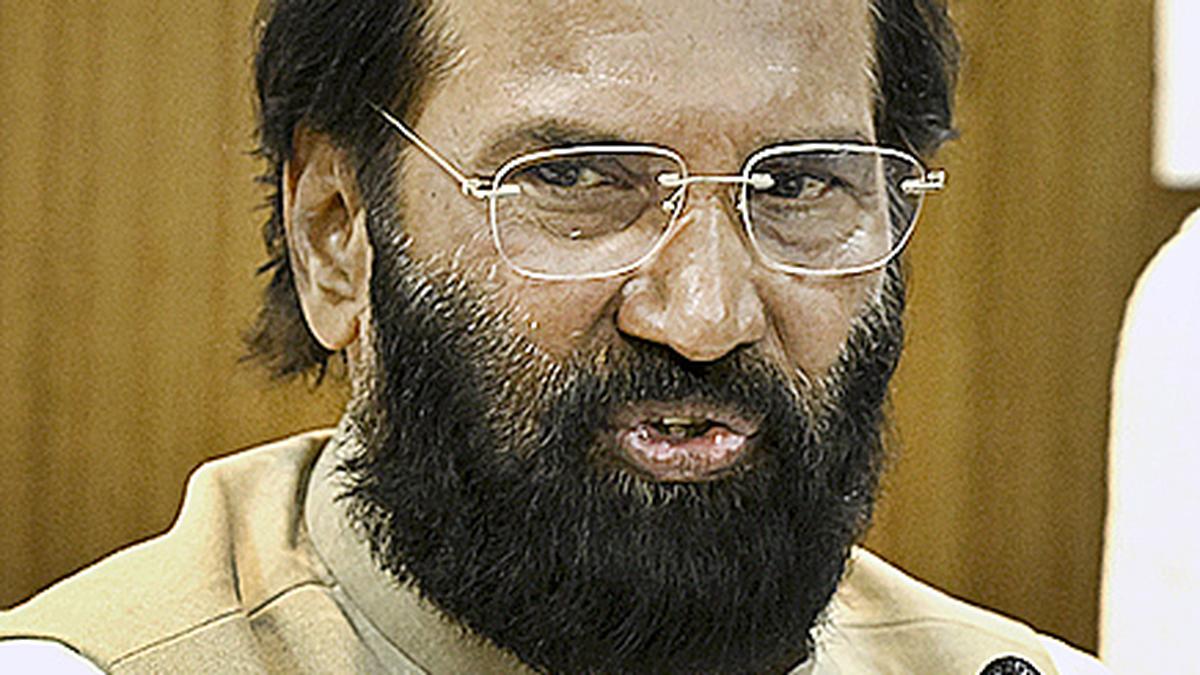ARTICLE AD BOX
Last Updated:June 05, 2025, 13:17 IST
The court invoked an emotional letter by late Justice Leila Seth and said not every parent is like her who could acknowledge and accept her son’s sexual orientation

The judges emphasised that sexual orientation and identity fall squarely within the protective ambit of Article 21 of the Constitution, guaranteeing personal liberty and dignity.
The Madras High Court recently ordered the release of a 25-year-old woman from the illegal custody of her natal family, declaring that no adult can be detained against their will merely for choosing a same-sex partner.
A habeas corpus petition was filed by MA, seeking the release of her partner, D, who her father and other family members had allegedly confined. D’s (the detenue’s) mother, who accompanied her, accused the petitioner of leading her daughter astray and claimed she was addicted to drugs—allegations the court found baseless after observing the detenue’s composure and clarity.
The bench comprising Justices GR Swaminathan and V Lakshminarayanan interacted with the detenue in private, as per Supreme Court guidelines in Devu G Nair v State of Kerala, to ascertain her true wishes.
The woman, a well-qualified adult, told the court that she is a lesbian and in a consensual relationship with the petitioner. She described being forcibly taken home, subjected to rituals intended to “cure" her, and even beaten by her family members.
Highlighting India’s evolving legal recognition of LGBTQIA+ rights, the bench referenced landmark Supreme Court decisions, including NALSA v. Union of India, Navtej Singh Johar v. Union of India, and the recognition of “chosen families" in Deepika Singh v. CAT. The judges emphasised that sexual orientation and identity fall squarely within the protective ambit of Article 21 of the Constitution, guaranteeing personal liberty and dignity.
“We feel a certain discomfort in employing the expression ‘queer’," the bench observed. “To a homosexual individual, his/her/their sexual orientation must be perfectly natural and normal. There is nothing strange or odd about such inclinations. Why then should they be called as queer?" the court said.
The bench also censured the police for failing to respond to repeated complaints from the petitioner. Despite an SOS and formal complaints submitted to multiple police stations—including Gudiyatham and Reddiyarpalayam—no action was taken until the court intervened. The court called this behaviour “insensitive" and emphasised the duty of state officials to protect members of the LGBTQIA+ community.
The judgment concluded with a continuing mandamus directing jurisdictional police to provide protection to the couple if required and restrained the woman’s family from interfering with her liberty.
“We endeavoured in vain to impress upon the mother that her daughter, being an adult, is entitled to choose a life of her own," the court noted, while expressing empathy for the parent’s social conditioning.
The bench invoked a letter by the late Justice Leila Seth, who had once written emotionally about the criminalisation of homosexuality and the pain it caused families. “What makes life meaningful is love. The right that makes us human is the right to love," she wrote.
“Not every parent is like Justice Leila Seth. She could acknowledge and accept her son’s sexual orientation," the bench emphasised.
Referring to the Supreme Court’s ruling in Supriyo @ Supriya Chakraborty Vs Union of India (2023), the high court stressed that it may not have legalised marriage between same sex couples, but they can very well form a family.
“Marriage is not the sole mode to found a family. The concept of ‘chosen family’ is now well settled and acknowledged in LGBTQIA+ jurisprudence. The petitioner and the detenue can very well constitute a family," the division bench held.

Salil Tiwari, Senior Special Correspondent at Lawbeat, reports on the Allahabad High Court and courts in Uttar Pradesh, however, she also writes on important cases of national importance and public interests fr...Read More
Salil Tiwari, Senior Special Correspondent at Lawbeat, reports on the Allahabad High Court and courts in Uttar Pradesh, however, she also writes on important cases of national importance and public interests fr...
Read More
- Location :
- First Published:
News india Same-Sex Unions Not Marriages In Law But Queer Couples Can Form A Family: Madras High Court



.png)
.png)
.png)
















 2 days ago
4
2 days ago
4








 English (US) ·
English (US) ·